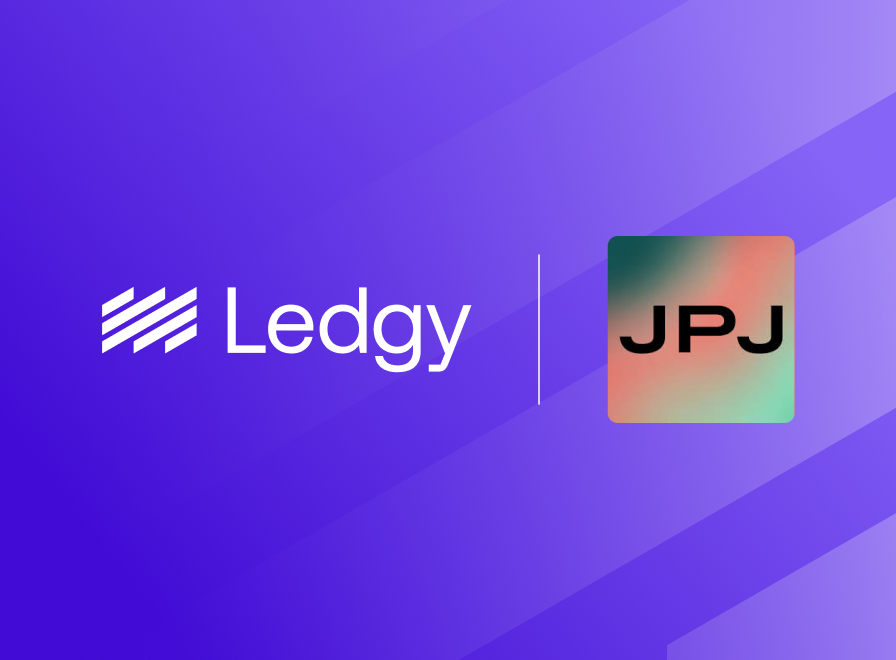Employee Equity Plans: Democratising Ownership of Your Company


What is an Employee equity plan?
Employee equity plans are a form of non-cash compensation that provides a share (or multiple) of the company's ownership. There can be different forms and structures of equity compensation.
An employee stock option plan, also called ESOP, is a common employee incentive plan throughout Europe.
Options grant the holder the right – but not the obligation – to buy company stock at a set price (strike or exercise price).
After the purchase (also called exercise), the employee becomes a shareholder of the company.
Similarly, a phantom share plan, which also referred to as a virtual share plan (VSOP), offers employees many of the benefits of acquiring a stake in the company without actually owning shares of the company.
Instead of receiving a real share, the employee receives a virtual share "certificate".
What employee stock option plan is right for your company?
Creating a stock option program can seem complicated, and choosing a form of equity compensation can get confusing.
Most are known by their acronyms: ESOPs, PSOPs, ESPPs, SIPs, RSUs… - and they each have different characteristics, benefits, challenges and tax ramifications.
Two of the most common types of employee equity are:
Employee Stock Option Plans (ESOPs) are contracts that give employees the right (but no obligation) to buy or exercise shares of company stock at a discounted rate over a specific time frame. Upon sale, the employee keeps the proceeds as ordinary income.
Phantom Stock Option Plans (PSOPs), give selected senior employees many of the benefits of stock ownership without actually giving them company stock. The mock stock follows the price movement of the actual stock, paying out any resulting profits. Unlike ESOPs, phantom stock does not provide employees with voting rights or the other rights of traditional shareholders upon exercise.
But why would a company offer such benefits to employees?
A clear disadvantage as an employer in having employee shareholder plans is that you lose out on the concentrated profit, with a smaller percentage to award to senior management and to your bigger shareholders.
So why would owners dilute their capital gains?
Rewarding employee dedication with ownership
We believe that hard-working employees are a company’s greatest asset. And that hard work should be rewarded.
However, whilst you need top-quality talent to help your business grow, you might not always have top-dollar to reward their efforts.
That is where employee equity comes into play.
Sharing in a company’s success through employee equity plans not only helps you create a loyal partnership with your employees, but also gives you a way to offer an incentive with a non-salary remuneration option.
Companies that adopt employee share plans can more easily enhance brand culture and reputation, attract new talent, increase staff loyalty and boost productivity, ultimately resulting in better retention.
Another very welcomed side effect is that such programmes help to align the interests of employees with those of shareholders, since they become shareholders themselves; everyone is working towards a common goal.
Why you need to explain your ESOP to your employees
The two ultimate goals of any employee participation plan are to award and engage employees.
Employee equity communication is difficult to get right. Often, the value of the plan is greater than what the employees recognise, so when you set up the employee equity plan, pay attention to how the benefits are perceived. You should put in place additional processes to help explain the plan thoroughly and clearly to participating employees.
On the other hand, most of the employees don’t know what the procedure of receiving a grant looks like. Empowering them in this process instills trust towards you as the employer, shows that you care and that you’re an expert in employee equity plans.
An equity plan that's properly explained to employees ensures their empowerment and the company's success. Ledgy offers scenario modelling and a comprehensive employee dashboard, that shows vesting schedules, grant details and even allows employees to calculate the value of their equity in various exit scenarios.
Vesting and Retention: a win-win for companies & employees
Democratising equity in your company is not only a great retention strategy leading to a boost in staff morale, but it is also a clever tactic to keep them on board for longer until they fully reap the benefits of the compensation plan.
Vesting helps employers encourage staff to stay through the period of time until their shares are granted to them. Shares or options do not belong to the employee until they have met the requirements of the vesting schedule, which, in some cases, can take up to five years.
Let’s assume an employee has been granted 10,000 shares with a vesting period of four years, with 25% at the end of each year. The employee must stay with the company at least a full year to be able to exercise the first 2,500 shares and must stay until the end of the fourth year to exercise them in full.
Ledgy helps you handle all the moving parts of managing equity plans from issuing, to vesting, and allowing your employees to see their stake in the company's future with their own dashboard.
The current state of employee equity plans in Europe
The current climate in Europe for employee equity plans is undergoing a much needed transformation.
It’s one we believe in and welcome with open arms.
The uptake in European startups choosing to democratise their company’s equity has deep support.
From revolutionary movements like #notoptional to the early signs of European stock option law reform, the environment is ripe for both companies and employees to reap the benefits of a more inclusive ownership model.
The new trend is largely due to recent progress to reform strict and stagnant European stock option law. The aftermath of the post-pandemic economic decline is propelling this much needed change forward.
In addition to billions invested in the startup sector, Governments are forced to adapt their policies in order to remain relevant, and company owners need to adopt these new incentives to remain competitive.
Employee equity plans are a must have for companies seeking to attract and retain the talent they need to grow.
This is great news. But as we can see, there is a lot of work to be done.
At Ledgy, we believe employees should benefit from the company’s success and that employee equity plans create a level of commitment that goes far deeper than just a salary.
Although still a relatively new trend in Europe, employee equity plans are gaining momentum. And the work-from-home changes of the Covid-19 work culture is further highlighting equity plans as a differentiator for companies that truly value their employees.
Your company’s guide to success within the “New Normal”
With remote work now a reality, and no longer just a perk, employers need to find ways to protect the work culture they fought hard to achieve in a new, challenging environment.
The fun perks that were once the ‘dark family secret’ of many companies - particularly start-ups and agencies - such as foosball tables, open bars, and company socials, no longer cope in the post-Covid era.
We are big advocates of democratising ownership at Ledgy, but we also understand that employee satisfaction and retention might not be enough for some sceptical leaders. However, there are plenty more reasons to consider this as a strategy for your company.
Some employee equity plans give very favourable tax rates for dividend payments that would have otherwise have been paid in the form of a (taxable) cash bonus.
In the United Kingdom, for instance, national insurance, pension contribution and holiday pay accumulation may also be spared. For the larger entities, who also have to pay an apprenticeship levy, these costs add up very quickly.
How employee equity plans can help Europe compete with US tech growth
One of the main reasons Europe has struggled to compete with the US in terms of tech industry growth is the strict European law for implementing stock option rules. In fact, stock options policies were singled out as a major barrier to European tech growth at the annual World Economic Forum held in Switzerland in 2019.
With outdated regulation now loosening in some of the major European economies, a window has opened for our start-ups to play catch up with US tech giants and attract the talent they need to scale up.
If we want to produce the next wave of global tech giants then the power of equity, by giving employees ‘a bigger slice of the cake,’ is the way forward.



Stay up to date! 🎉
Subscribe to our newsletter and receive the latest insights on the equity world








.png)